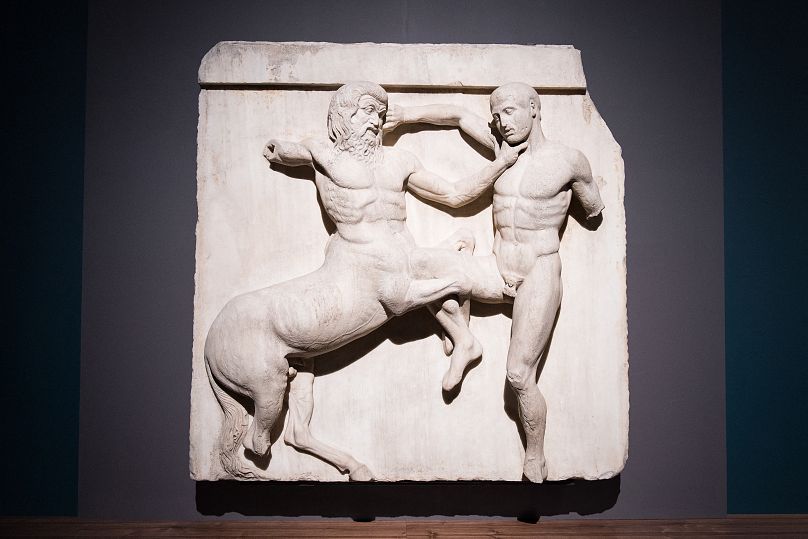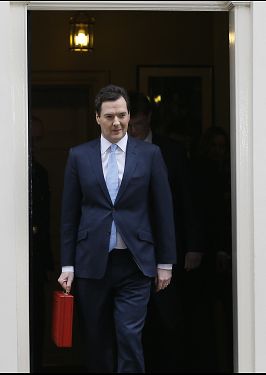Ahead of UNESCO talks over the ownership of the Parthenon Marbles between Greece and the UK, the British Museum president has suggested he would be open to sharing.
The president of the British Museum in London has said he’s open to an agreement to share the Parthenon Marbles with Greece.
 ADVERTISEMENT
ADVERTISEMENT
 ADVERTISEMENT
ADVERTISEMENT
The Parthenon Marbles are a highly controversial part of the British Museum’s collection.
Built in the 5th century BCE as part of the Acropolis of Athens, the sculptures were removed and transported to Britain in the early 1800s, under the orders of the 7th Earl of Elgin, a British diplomat and nobleman.
Since the beginning of the 20th century, Greece has officially requested the return of the 75 metre-long frieze.
The British Museum has always claimed that the sculptures were legally acquired. Earlier in 2022, the British Museum’s deputy director, Dr Jonathan Williams, argued that “much of the frieze was in fact removed from the rubble around the Parthenon,” and not sawed off from the building.
Greece claims Elgin “looted” the sculptures while the country was under Ottoman occupation.
The British government has also always argued it doesn’t have a say over whether the sculptures should be returned as it’s the property of the privately-owned museum.
Last month, UNESCO announced it would facilitate talks between the two countries to discuss the return of the marbles.
A change of tune for the museum
Now, president of the British Museum and ex-chancellor of the UK George Osborne has said that a “deal is to be done where we can tell both stories in Athens and in London if we both approach this without a load of preconditions, without a load of red lines.”
“Sensible people could arrange something that makes the most of the Parthenon marbles but if either side says there’s no give at all, then there won’t be a deal,” he said.
When pressed further as to whether some of the marbles could be returned to Greece for a while before coming back to London, Osborne replied that “this kind of arrangement would be possible”. However, he stressed he couldn’t speak for the trustees.
The British Museum also released a statement that showed a potential change to their long-held policy.
“The museum is always willing to consider requests to borrow any objects from the collection,” the statement said, noting that the museum lends 4,000 to 5,000 objects every year.
“These beautiful works of art are loved by a worldwide community and we believe that public access should lie at the heart of these conversations; too often discussions are limited to legalistic and adversarial context instead of focusing on how to share the sculptures with a wider world … deepening public access, creating new ways and opportunities for collections to be shared and understood right across the world, remains at the core of what the British Museum seeks to achieve,” it continued.
A changing perspective on antiquities
British public opinion is increasingly in favour of repatriation: 59 per cent of respondents believe that the marbles taken by Lord Elgin belong to Greece, according to the latest survey by the British institute Yougov, compared to 37 per cent in 2014.
More generally, pressure is mounting on European cultural institutions to return objects looted during the colonial era.
Last year, the University of Cambridge officially returned a bronze rooster sculpture looted a century ago to Nigeria, the first time this has happened in the U.K.
The British Museum, which has the largest collection of bronzes in the world, has so far refused to follow suit.
Discussing the issue with Euronews when the UNESCO talks were first announced, Evangelos Kyriakidis, director of The Heritage Management Organisation, emphasised the importance of the Parthenon marbles to Greek culture.
“It’s sovereignty. Having a Greek national symbol in a museum called the British Museum is totally wrong. It’s like if the Crown Jewels were in Greece,” he said.












